Top 10 Books on Change
We are often asked for recommendations of what to read when learning about change management. Here is our list in no particular order:
- Switch by Dan and Chip Heath is our favorite book to share with leaders. The battle between the rational mind and the emotional mind puts obstacles in the way of growth and improvement. Switch explains how to harmonize between both ways of thinking. Through great stories and case studies the book makes it easy to see what may be missing from a change initiative. The illustration of the path is a particular favorite of ours because many change leaders talk about the change but forget to make it as easy as possible to change.
- Beyond Change Management by Linda Ackerman Anderson and Dean Anderson provides a comprehensive and holistic approach to managing organizational change effectively. It emphasizes that traditional change management models often fall short in addressing the complexities and dynamics of modern organizations and their transformational processes. The authors introduce a framework called the “Conscious Change Leadership (CCL)” model, which goes beyond simple methodologies for managing change and delves into the psychological, emotional, and cultural aspects of organizational transformation. The CCL model is designed to guide leaders and change agents through the process of understanding and addressing resistance, building a supportive culture, and fostering sustainable change. This is the best change management methodology that we’ve ever used. It’s powerful, flexible and based on real world experience.
- The Change Leader’s Roadmap: How to Navigate Your Organization’s Transformation by Linda Ackerman Anderson and Dean Anderson is a comprehensive framework with practical guidance for leaders and change agents who are responsible for guiding and navigating organizational transformation. The book presents a step-by-step roadmap that offers insights into effectively leading and managing complex change initiatives. Dean and Linda have extensive experience in the field of organizational development and change management. Their structured approach to handling the challenges and complexities of transformation is the only one we know of that incorporates culture, which is essential for successful change.
- Transitions by William Bridges is a classic text that explains change through the Bridges Transitional Model, which focuses on the internal or psychological process of transition, identifying 3 stages and strategies to effectively manage each. Every presentation we give on change leverages Bridges’ differentiation of change and transition.
- Leading Change by John Kotter is widely regarded as a foundational text in the field of change management. It offers a structured and actionable approach to leading transformational change within organizations and has been adopted by leaders, managers, and change practitioners seeking to navigate the challenges of change successfully. This book revolves around an 8-steps of change management model (it is not a methodology). Any study of change management is incomplete without knowing this model!
- Influencer: The New Science of Leading Change by Grenny, Patterson, Maxfield, McMillan and Switzler looks at change from a systems perspective. Here is a fun video that conveys the core concept. The authors provide a comprehensive framework for understanding and effectively leading change by influencing human behavior, drawing on research from various fields including psychology, sociology, and organizational behavior, to provide practical strategies for driving positive change in both personal and professional contexts. The central premise of the book is that influencing behavior is a key component of successful change initiatives. The authors identify six sources of influence that can be leveraged to create meaningful and lasting change.
- Strategic Organizational Change by Michael Beitler offers a systematic approach to diagnosing organizational problems and his step-by-step approach for designing and implementing organizational change interventions. Everything is well-researched (with many citations) but written in a practical, easy-to-follow style. The book contains many checklists and practice tools. It is one of our favorite syntheses of all things change management!
- In Immunity to Change, authors Robert Kegan and Lisa Lahey show how our individual beliefs–along with the collective mindsets in our organizations–combine to create a natural but powerful immunity to change. By revealing how this mechanism holds us back, Kegan and Lahey give us the keys to unlock our potential and finally move forward. And by pinpointing and uprooting the immunities to change, it creates an opportunity for more effective change.
- Conversational Intelligence by Judith Glaser focuses on the power of effective conversations and how they can shape relationships, drive innovation, and foster positive outcomes in various aspects of life, including business and personal interactions. At the core of Conversational Intelligence is the idea that conversations are not just exchanges of information but also deeply influential tools that impact brain chemistry, emotions, and behaviors. The book introduces the concept of the “Conversational Intelligence (C-IQ)” framework, which provides a deeper understanding of how conversations can either build trust and connection or trigger defensiveness and misunderstandings. The book is aimed at leaders, managers, coaches, and anyone interested in improving their communication skills to achieve better outcomes in personal and professional relationships. It’s also essential to communicate effectively during change and the Conversational Intelligence Dashboard can make this happen better.
- Power Questions: Build Relationships, Win New Business, and Influence Others is written by Andrew Sobel and Jerold Panas and focuses on the art of asking powerful and strategic questions to enhance communication, build relationships, and achieve professional success. Power Questions is designed to help individuals, especially those in business and leadership roles, ask thoughtful questions that can uncover insights, engage others, and create meaningful connections. The book provides a collection of over 300 questions categorized into themes that range from building rapport to exploring needs and goals. The authors emphasize that asking the right questions not only helps gather information but also demonstrates interest, empathy, and expertise. We think questions matter because they help facilitate change.

